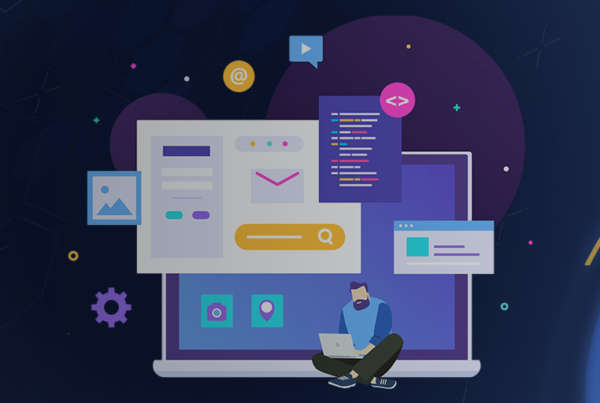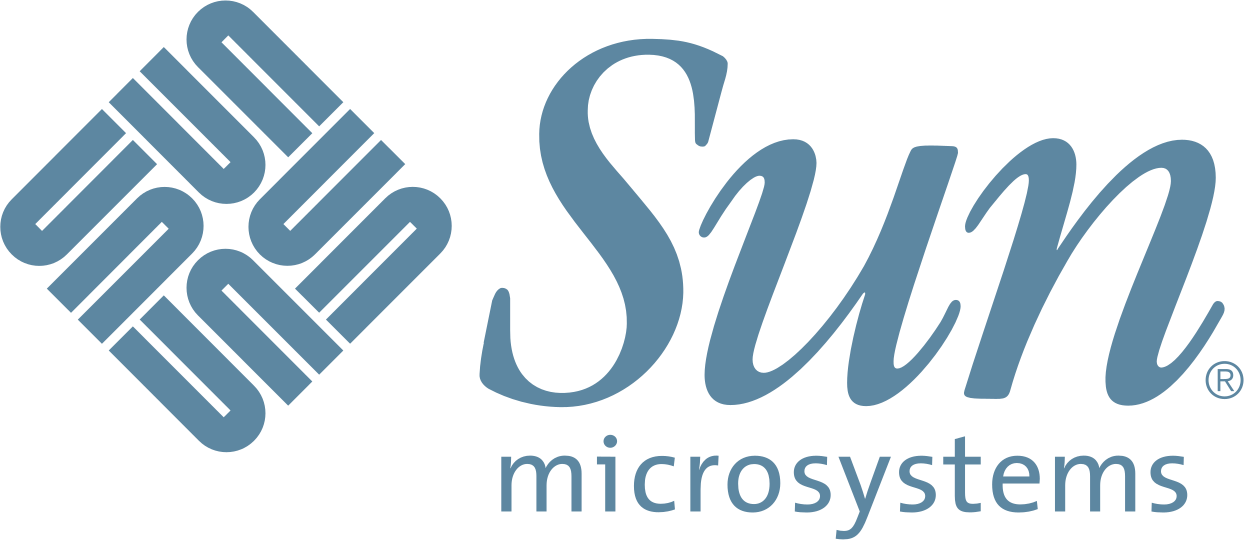We can now leverage both technology and labor to maximize production while ensuring the smooth functioning of the enterprise. The age of information has witnessed an unprecedented shift in the rise of machines and a subsequent loss in manpower. The difference being that machines are being designed to mimic many human capabilities. Tasks demanding several hours of labor can now be accomplished with the aid of machines in nano-seconds.
The next concept being discussed in academic circles is what is called ” amplified intelligence“. Amplified intelligence can be defined as the use of technology to broaden human intelligence in an enterprise. It is also capable of bringing about transformation in ways that are conventional to the dynamics of many enterprises. However, this transition demands an approach that seeks to handle the rise of machines from both technological and talent perspective.
Machines have been known to act irrational and make life-threatening errors. One such example of this went a little beyond the point of “life-threatening” when an automated machine in a Volkswagen plant in Germany killed a man by crushing him against a metal plate. It is not the first time we have seen a failure in human-machine symbiosis because as far as technology goes, human intelligence still remains unmatched. But technology has been evolving and with growing maturation, we are now beginning to invent a lot more than we did before.
We will continue to do so until we have created machines that may function independently of us. A far-fetched thought yes! But not that far indeed. Machines have what we identify as AI; an intelligence embedded in their systems by humans. AI alone is responsible for the functioning of a machine whereas amplified intelligence attempts to make the best of both, smart men and smart machines. The point to be noted is that these smart machines will be triggered by augmentation—and not automation—signalled by smart men.
Smart machines will not only mimic human capabilities but will also help analyzing and storing data at a much faster rate than its predecessors. They will be able to understand our environment better than before and as we complete a set of tasks they will even help determine our next course of action.
In the context of modern and new-bred machinery, we already have the IBM calls Watson. It is a machine modeled on cognitive computing that works along the dynamics of human beings. Which means that it can exhibit human-like character to obtain information and assess different environments. One of the important things to observe is that Watson can also read and educate itself from natural language. For instance, it can extract data from blogs, tweets, books and several other sources. Which is why it is also looking forward to penetrating healthcare wherein information available to us in natural language is above 80 percent.
As far as AI is concerned, it contributes to increasing effectiveness by all means but at the same time threatens of massive unemployment of knowledge workers, and increasingly, management workers. A solution to this could be to work in an environment where “humans will work with machines not as bosses; not even as slaves but as employees”, as Davenport puts it. Furthermore, he also says that “Most of all, I’d advise workers in fields where automation is coming to “make friends with their computers. Learn how they work, what they are good at, and their areas of weakness. If possible, learn how to modify and improve them. Understand the implicit assumptions that underlie their models and rules, and under what conditions these assumptions might become invalid.”
This kind of understanding will help us to attain a level where we will be able to rid ourselves of boring monotonous work. And Smart machines like Watson will continue and demand to work with smart humans, helping them to focus on broad context while allowing themselves to work on standard algorithms that could be triggered through automation.
So regardless of how advanced AI gets, humans will still lead at tasks demanding context-bent solutions and evaluations. After all, humans are gifted with the ability to flex their cognitive skills and take advantage of the computer systems. Not only this, but the sophisticated thinking process also allows us to even override machine-mediated suggestions.
































